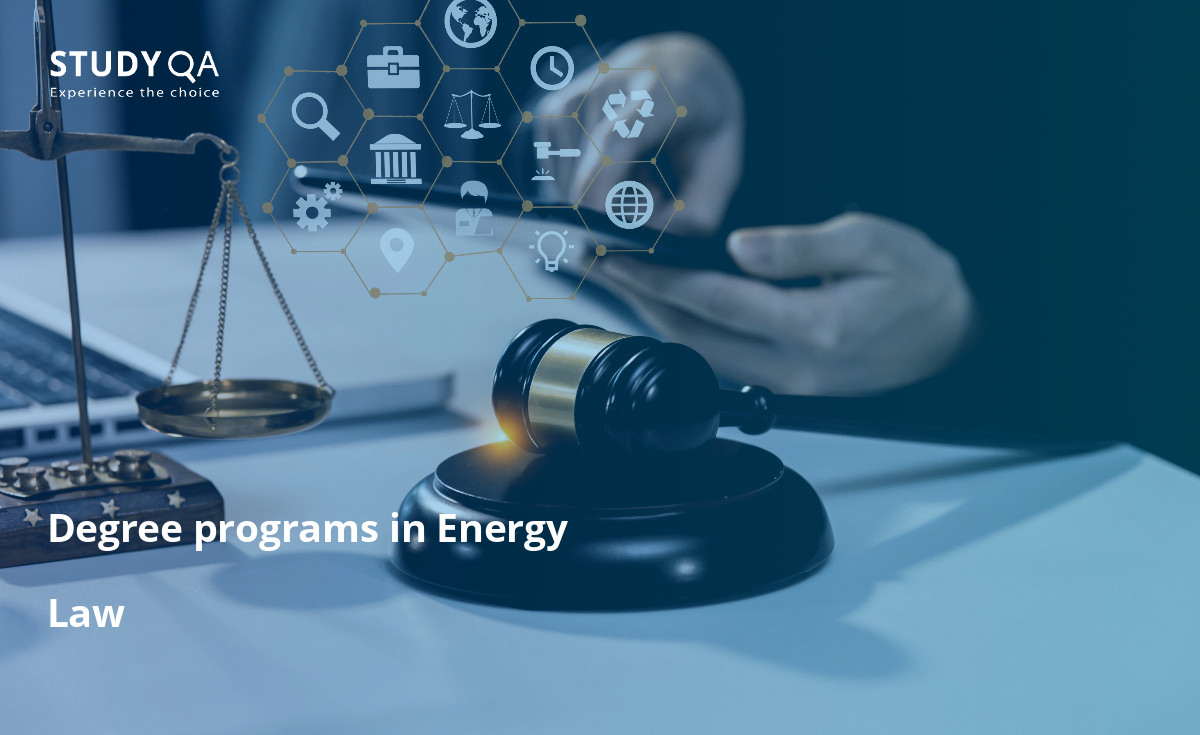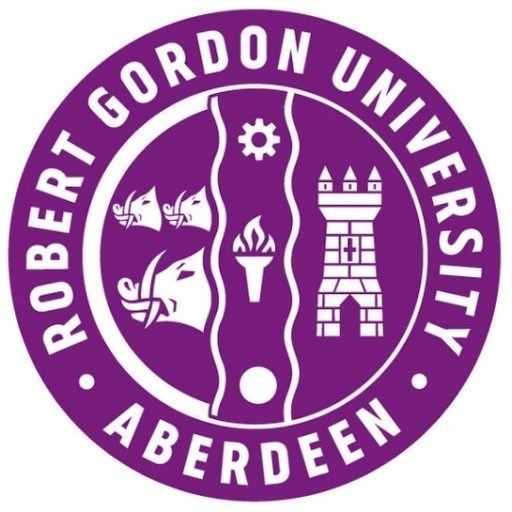Energy law is the body of law that governs the production, distribution, use, and conservation of energy from all sources, including but not limited...
Energy law is the body of law that governs the production, distribution, use, and conservation of energy from all sources, including but not limited to electricity, coal, nuclear, oil, gas, and renewable energy sources such as solar, wind, hydro, and geothermal. This includes the legal rules, regulations, and contracts related to energy production, storage, transmission, and sale. There are various statutes at the international, federal, state, and local levels that govern aspects of the energy industry, from licensing and zoning requirements to the rights of landowners in regards to the exploration, extraction, and processing of energy.

Energy Law also addresses legal issues concerning emissions, public health, and safety, as well as the development of new energy sources, such as fracking, and intellectual property rights relating to new energy technologies and conservation methods. As the energy industry continues to evolve and expand, Energy Law will continue to develop to address the ever-present issues facing the industry, such as water use and disposal and the effects of carbon emissions on the environment.
In addition to the legal rules, regulations, and contracts related to the energy industry, Energy Law also covers the environmental and social aspects of energy production, such as the ethical treatment of workers and the responsibilities of energy producers to their respective host communities. As governments and stakeholders continue to focus on climate change, the social responsibilities of energy producers may become increasingly important in the legal framework.
Concerning degree programs
Degree programs in energy law focus on the knowledge and abilities necessary to excel in the area of energy sector regulation and policy. Students enrolled in these programs will gain a comprehensive understanding of existing and emerging legal, business, and policy issues related to the energy industry. Additionally, they will develop their ability to craft legislation, advise on energy law matters, engage in oral and written advocacy, and participate in the negotiations of energy deals.
The curricula usually focus on the legal theories and instruments employed to protect, manage, and transition existing energy sources, such as regulation and compliance, environmental laws, taxation, contracts, technology, and financing. Students also learn about global energy markets, renewable energy, and other niche fields of study. The courses also cover methods of developing reliable, clean, and sustainable energy sources.
Students typically finish the program with an in-depth understanding of industry, applicable laws, regulations, and politics for the energy sector. With successful completion of an energy law program, graduates should gain the knowledge and abilities to excel in energy law-related positions, such as energy attorney, energy policy adviser, energy broker, or energy analyst.
Entry requirements
Entry requirements for an energy law degree vary from school to school. However, most schools require a bachelor’s degree in law or a related field. Depending on the institution, students may also have to have a specific GPA. Some schools also have specific prerequisites, such as courses in energy law and environmental law.
Most Energy Law programs will require applicants to submit the following materials: a personal statement, official undergraduate transcripts, letters of reference, GRE scores (for the U.S. universities and if required by the institution), and a resume or CV. Depending on the institution, additional materials may also be required.
In some cases, institutions may also require an interview as part of the application process. This can help the university determine the applicant’s suitability for the program and provide an opportunity for the applicant to demonstrate their enthusiasm for the field of energy law. Entry into an Energy Law degree program is highly competitive, and applicants should have a strong academic record, demonstrated commitment to the field, and an impressive application package in order to be accepted.






